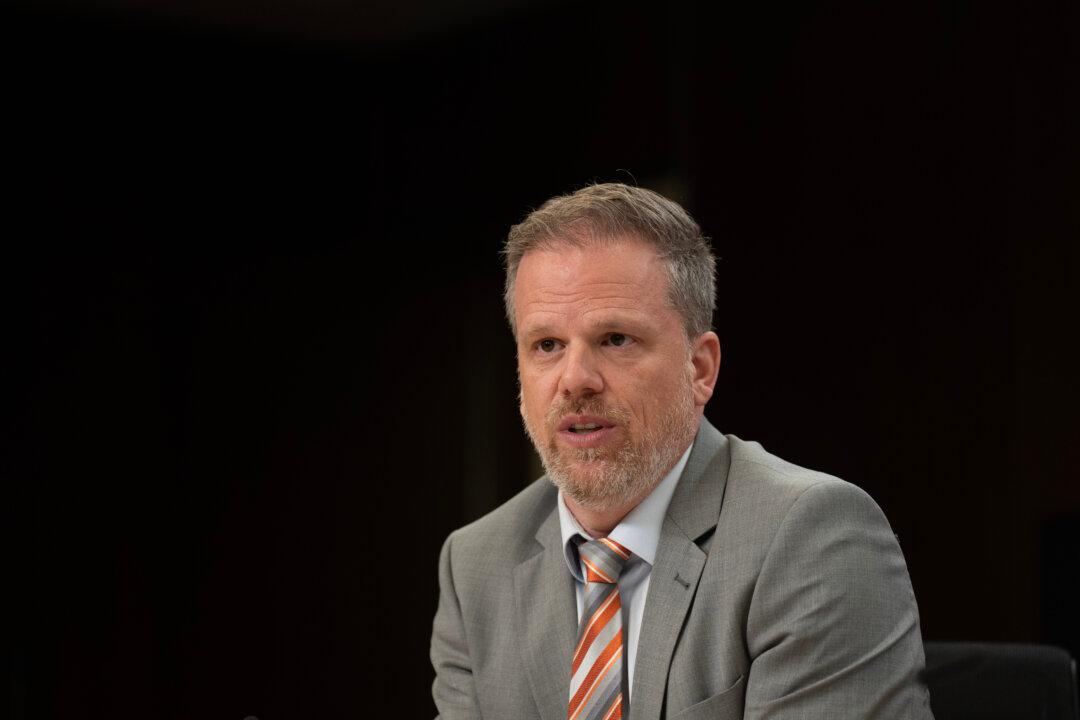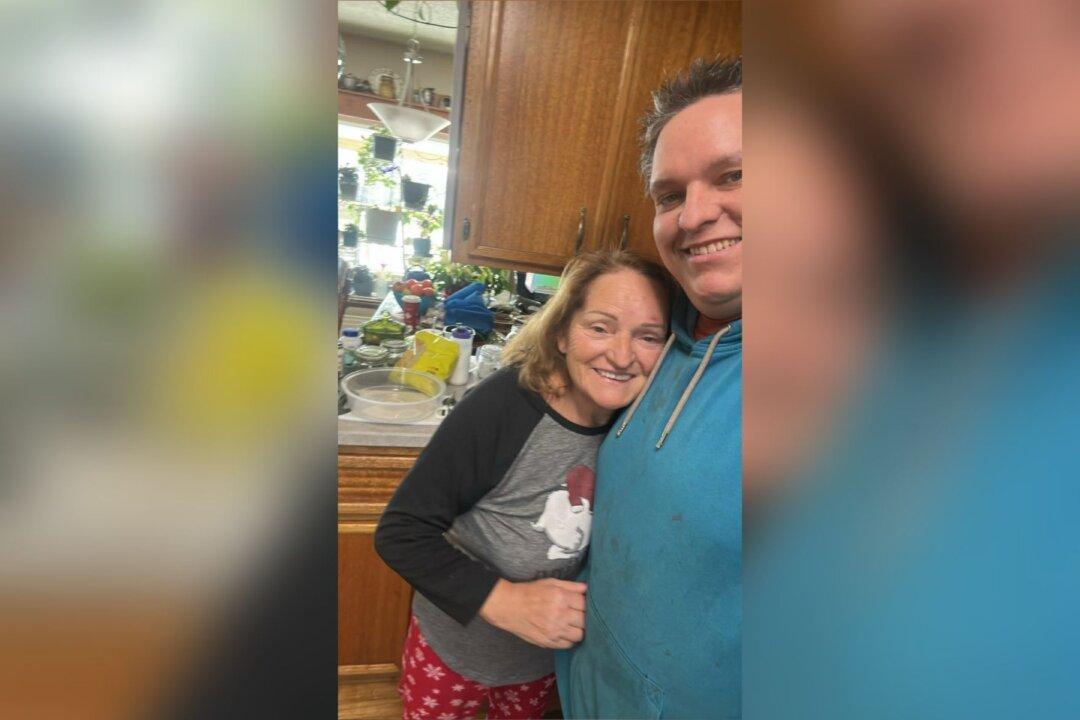In a bid to win over dentists who have been reluctant to join the federal dental-care plan, the health minister announced on July 8 that dentists can now “dip a toe” in the program before fully committing.
The change was first announced in April, after dental associations raised concerns about the design of the program and their members were slow to sign up to provide care.





